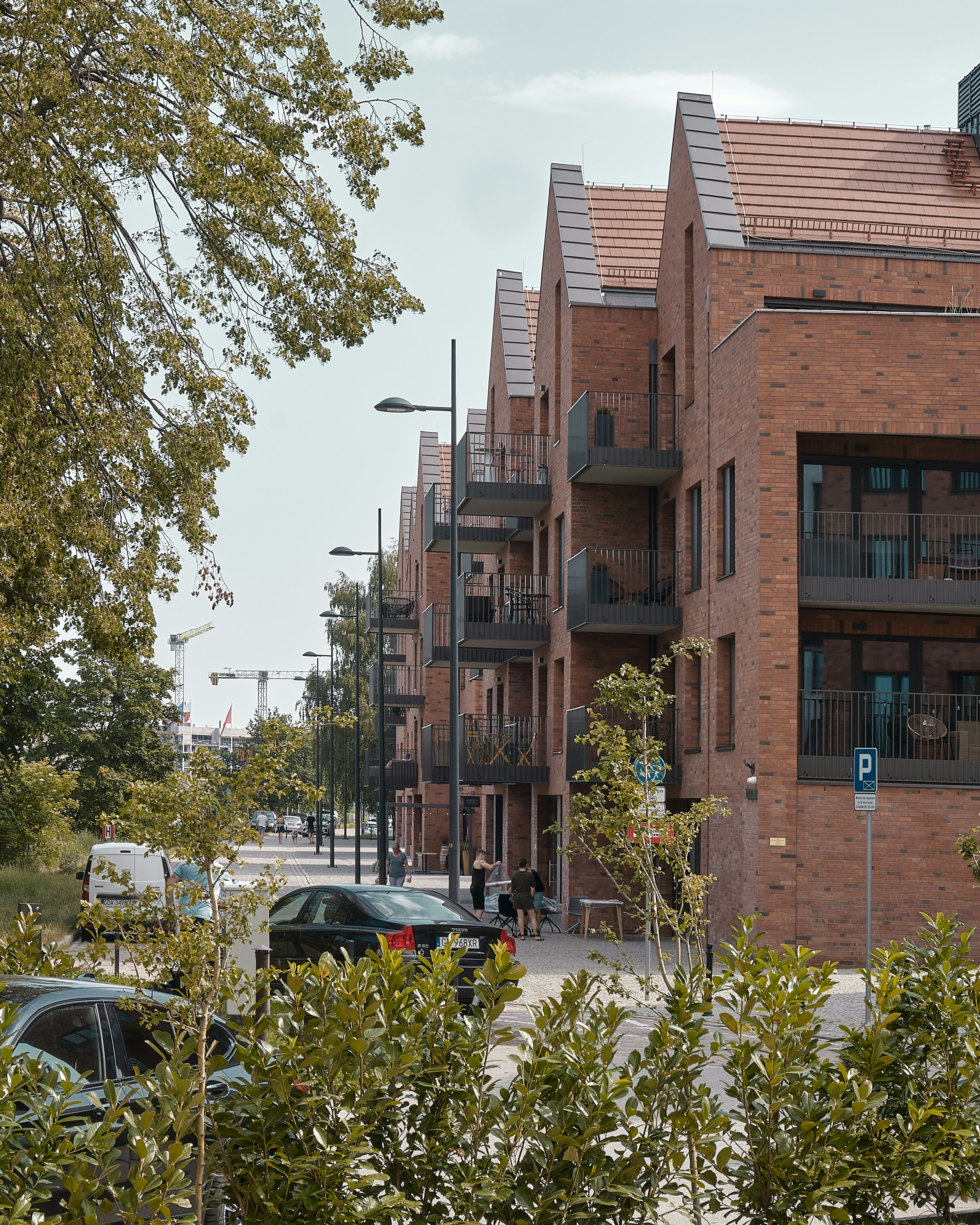Scale NOI Without Scaling Your Team: Here’s How

In the competitive landscape of multifamily real estate, increasing Net Operating Income (NOI) is paramount. However, the traditional approach of expanding headcount to manage growth is not always sustainable. Instead, leveraging technology and optimizing operations can yield significant improvements in NOI without the need for additional staff.
Understanding NOI and Its Importance
Net Operating Income is a critical metric in real estate investment, representing the income generated from a property after operating expenses are deducted, but before capital expenditures, taxes, and financing costs. The formula is:
NOI = Gross Operating Income - Operating Expenses
A higher NOI indicates better profitability and operational efficiency, making it a focal point for property managers and investors aiming to enhance asset value.
Strategies to Scale NOI Without Increasing Team Size
1. Implement Property Management Automation
Automation tools can streamline various property management tasks, such as lease tracking, maintenance requests, and rent collection. For instance, platforms like Buildium and AppFolio offer integrated solutions that reduce manual workload and minimize errors, leading to improved operational efficiency.
By automating routine processes, property managers can focus on strategic activities that directly impact NOI, such as tenant retention and expense management.
2. Optimize Energy Efficiency
Energy costs constitute a significant portion of operating expenses. Implementing energy-efficient measures, such as LED lighting, smart thermostats, and energy-efficient appliances, can lead to substantial savings. According to the U.S. Department of Energy, energy-efficient buildings can reduce energy consumption by up to 30%, translating into lower operating expenses and higher NOI.
Additionally, conducting regular energy audits can identify areas for improvement and ensure that energy-saving measures are effectively implemented.
3. Enhance Resident Experience
A positive resident experience can lead to higher retention rates and reduced vacancy periods. Implementing resident portals and communication platforms allows for efficient communication and service requests. Properties that invest in resident satisfaction often see increased lease renewals and a more stable income stream, thereby boosting NOI.
Moreover, offering value-added services, such as package delivery solutions and community events, can differentiate a property in a competitive market, attracting and retaining tenants.
4. Adopt Predictive Maintenance
Predictive maintenance involves using data analytics to anticipate equipment failures before they occur. By monitoring systems such as HVAC and plumbing, property managers can schedule maintenance proactively, reducing downtime and repair costs. This approach not only extends the lifespan of equipment but also prevents unexpected expenses that can negatively impact NOI.
Implementing predictive maintenance requires an initial investment in monitoring technology but can result in significant long-term savings.
5. Diversify Revenue Streams
Relying solely on rental income can be limiting. Exploring additional revenue streams, such as offering premium parking spaces, laundry facilities, or storage units, can increase gross operating income. Properties that diversify their income sources are better positioned to weather market fluctuations and enhance overall profitability.
It's essential to ensure that these additional services align with tenant needs and preferences to maximize uptake and revenue generation.
A quick comparative
Several property management companies have successfully scaled their NOI without increasing staff by implementing the strategies mentioned above:
- Company A: By automating lease management and maintenance scheduling, Company A reduced administrative overhead by 25%, leading to a 15% increase in NOI within the first year.
- Company B: Implementing energy-efficient upgrades across its portfolio resulted in a 20% reduction in utility expenses, contributing to a 10% increase in NOI.
- Company C: Enhancing resident engagement through digital platforms and offering additional services led to a 30% increase in lease renewals, boosting NOI by 12%.
These examples demonstrate that strategic investments in technology and operational improvements can yield significant returns without the need for expanding the workforce.
Conclusion
Scaling NOI without increasing team size is not only possible but also a prudent approach in today's real estate market. By embracing technology, optimizing operations, and focusing on resident satisfaction, property managers can achieve sustainable growth and enhanced profitability. Implementing these strategies requires thoughtful planning and investment but can lead to substantial long-term benefits, including improved NOI and a more efficient, scalable operation.
For property managers and investors looking to enhance their NOI, focusing on operational efficiency and leveraging technology are key steps toward achieving scalable success.


